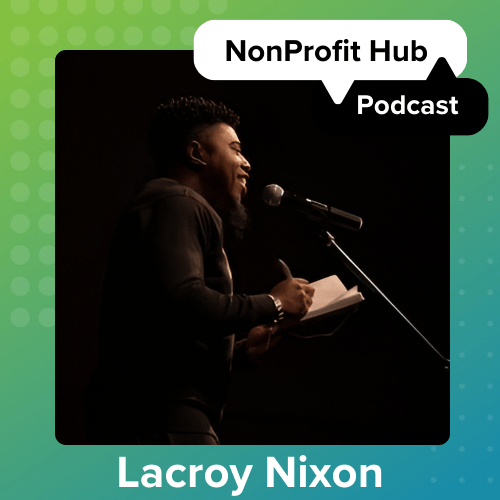Are you unintentionally making busyness your brand? In the nonprofit space—and especially in the midst of year-end season—this can be a common occurrence. When it comes to cause work, it seems that most of us would prefer to be engaged in doing good things than sitting idle. Plus, staying busy has its benefits. In addition to being an indicator of productivity, busyness wards off depression, boredom, bad habits, and loneliness. Like any good thing, however, too much busyness can have bad consequences. This is especially the case when busyness moves from being a temporary state of being to becoming your brand.
Consider your real brand
Having a well-developed brand is important, especially in the nonprofit sector. It’s been said that a brand is the perception an audience holds of an organization or company. Top thought leaders have taken this idea one step further—like Seth Godin, who said that a brand is a set of expectations, memories, stories, and relationships.
Since branding is so communicative and personal, it’s important to send the right message. If you don’t have a well-developed nonprofit brand guide in place, take the steps to create one that will best represent your organization’s mission and purpose. This will help ensure that you are sending the right message—and not one that’s all about busyness.
The danger of busyness
Are you showing up for others in a way that shows how much you value them? Or are you known for being busy? Do people expect you to be busy when they reach out to you? Does your schedule cause you to break promises? If busyness is one of your most consistent responses, excuses, or conversation starters, you’re likely endangering your organization’s brand. At a minimum, you’re reflecting poorly on your personal brand.
Resist the temptation to believe that busyness is a credit to your reputation. Just as bad reviews spread more quickly than good reviews, people are more likely to make negative assumptions if you consistently put them off, reschedule, or claim to have an exceptional amount of work. While we hope busyness makes us seem in-demand and effective, our audience won’t always look at it that way. Instead, it can make us seem disorganized, self-important, or simply careless. You’ll find that this constant impression of busyness becomes a drain on others’ trust and patience over time.
So, how do you protect your brand from your busyness? Try these tips.
Set expectations, starting with email
I once saw the following message in someone’s email signature:
FYI… I use email differently. Prioritizing human interactions, I only check email twice a day and don’t have notifications enabled. I do, however, work to clear my inbox at least once each day.
This person set a helpful boundary to ensure that email didn’t become a source of busyness for them. Instead, this person made a conscious effort to prioritize real-life connections and stay present in the moment. While this specific boundary may not be feasible for everyone, think about what could work for you.
Start with what you can do
Busyness is inevitable sometimes, but it’s all in how you come about it. Avoid explaining to someone that you can’t meet with them because you’re double-booked or were invited to this or that place with who’s who. Drop the details and let go of the let downs. When rescheduling or pushing something off, try to stay positive and focus on what you can do rather than what you can’t.
Bad response: I can’t meet as planned today. I’m double-booked and have an awards banquet for a charity club I chair after lunch.
Better response: Any chance next Tuesday at 3:00 would work for you rather than today?
Be coy—busyness is a personal matter
People like to talk about themselves. So, working in the service sector and relying on the generosity of others, we should always seek to let others talk more. Making conversation about those you serve and work with is always a good practice and it’s easy to do. If someone inquires how you are or if you’re busy, be a little coy. Flip the script and immediately pull them into a more worthwhile topic.
Take a proactive approach
Your busyness is only inconvenient or annoying to others if you let it get outside your control. If you see an onslaught of meetings coming or know that your to-do list will venture beyond a second page and possibly to another notebook, take a pause. Come at it with a calm mind and prioritize what you can do (see #2). Proactively move projects, meetings, or plans in the future so your schedule doesn’t get overloaded during a particular time.
I get that some of this is easier said than done. The everyday responsibilities of cause work can be demanding, and it might seem like the busyness won’t ever come to an end. But taking some small steps to become more available and more intentional can have a big impact. If you’re proactive about your busyness, it’s less likely to consume your brand.







